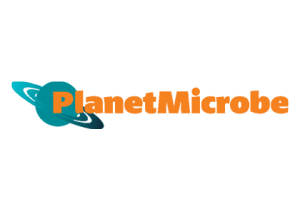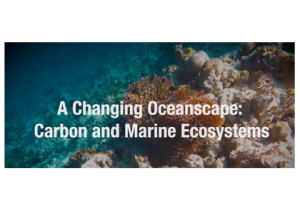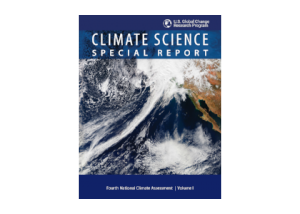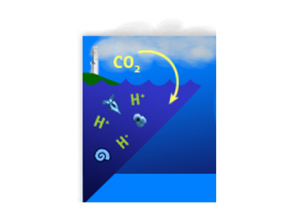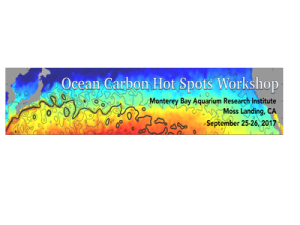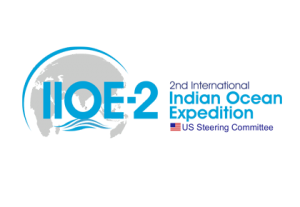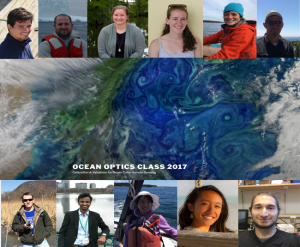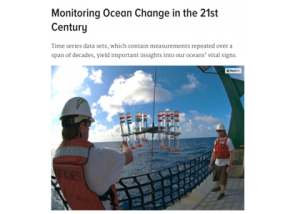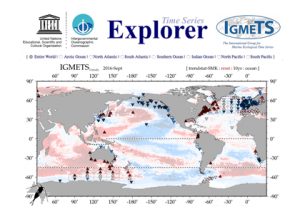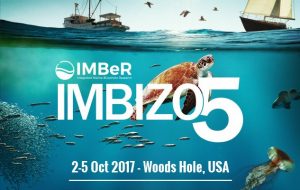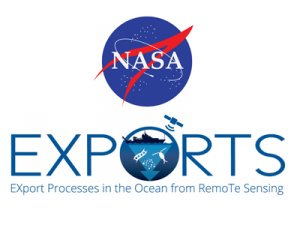Planet Microbe is an NSF funded EarthCube Building Block that arose from the EarthCube Oceanography and Geobiology Environmental ‘Omic (ECOGEO) Research Coordination Network. During the first ECOGEO workshop (August 2015), participants identified data discovery, scalability, and access to computational resources as key challenges limiting progress in marine microbial ecology (see ECOGEO Workshop I Report). To […]
Read MoreA webinar on 12/19 included a brief overview followed by a Q&A session led by members of the report’s writing team on the SOCCR-2 background, process, and content. This is a critical opportunity for the carbon cycle research community to inform the policy process! Please watch the webinar recording here. SOCCR-2 is a technical, scientific […]
Read MoreView the new short film highlighting Ocean Carbon & Biogeochemistry research and the exciting technology scientists are using to understand the oceans of today and tomorrow.
Read MoreThe Climate Science Special Report, Vol. I of the Fourth National Climate Assessment was released on Friday, November 3rd. U.S. Global Change Research Program also released drafts of Vol. II of NCA4 and the 2nd State of the Carbon Cycle Report (SOCCR-2) for public comment and review by the National Academies of Sciences, Engineering, and […]
Read MoreOcean Carbon Hot Spots Webinar Tuesday, November 14 at 1:00 pm ET Link to webinar | Add to calendar Building on the recent Ocean Carbon Hot Spots workshop, the next edition of Variations, joint between US CLIVAR and the US Ocean Carbon Biogeochemistry Program, will examine western boundary current regions of the ocean, which have […]
Read MoreFebruary 17-19, 2018 Crowne Plaza Convention Center, Portland, OR The Ocean Carbon & Biogeochemistry (OCB) Program is working with a scientific organizing committee to plan the 4th U.S. Ocean Acidification Principal Investigators meeting in conjunction with the 2018 Ocean Sciences Meeting, where there will be numerous relevant sessions on changing ocean chemistry and ecosystem response. We hope to use […]
Read MoreOCB is currently seeking nominations for new Scientific Steering Committee (SSC) members, including a new early career SSC member. To qualify for the early career slot, a nominee must have completed a PhD within the last 4 years; both postdoctoral researchers and faculty members are eligible. For the early career nominees who are currently postdocs, a […]
Read MoreThe Ocean Carbon Hot Spots Workshop took place September 25-26, 2017. Visit the workshop website, and online poster gallery for more information. This workshop, which is co-sponsored by OCB, US CLIVAR, MBARI, and Ocean Mixing Processes (OMIX), aimed to develop an interdisciplinary research community that will facilitate a better understanding of carbon uptake and storage […]
Read MoreTo harness growing interest among US scientists in Indian Ocean research, the US IIOE-2 Steering Committee held an Indian Ocean community workshop September 11-13, 2017 in La Jolla, CA. Please see the workshop archive with agenda, recordings, presentations slides and an online poster gallery. 2015 marked the 50th anniversary of the International Indian Ocean Expedition and the […]
Read MoreOCB-sponsored participants of Univ. Maine Calibration and Validation of Ocean Color Remote Sensing summer course May 2017. Course resources, including lecture videos, are available online. Lionel Arteaga is currently a Postdoctoral Research Associate in Jorge Samiento’s group at Princeton University. He initially studied Biology at Universidad Simon Bolivar, Venezuela, where he analyzed the upwelling systems […]
Read MoreTime-series scientists and members of the OCB Ocean Time-series Committee have just published a feature article in Eos: Neuer, S., H. Benway, N. Bates, C. Carlson, M. Church, M. DeGrandpre, J. Dunne, R. Letelier, M. Lomas, L. Lorenzoni, F. Muller-Karger, M. J. Perry, P. Quay (2017). Monitoring ocean change in the 21st Century. Eos 98, […]
Read MoreThe annual Austral Summer Institute (ASI) organized by the Department of Oceanography and the COPAS Sur-Austral Program of the University of Concepcion, Chile, provides training for a topic that is timely and of wide interest in the marine science community. ASI XVIII is organized around four courses, each one week long, that address different aspects of the general theme. […]
Read MoreThe International Group for Marine Ecological Time Series (IGMETS) has released its report entitled “What are Marine Ecological Time Series telling us about the ocean? A status report.” Download the full report PDF or individual sections. This first report presents an analysis and overview of oceanic trends through the end of 2012, based on a collection of […]
Read MoreIMBeR IMBIZO 5: Marine biosphere research for a sustainable ocean: Linking ecosystems, future states and resource management will take place October 2-5, 2017 (Woods Hole, MA). Imbizo is a Zulu word for “gathering.” This international meeting, which occurs every two years, consists of three concurrent workshops on timely topics, as well as activities that cut […]
Read MoreThe National Aeronautics and Space Administration (NASA) solicited proposals addressing the research needed to begin Phase I of the EXport Processes in the Ocean from RemoTe Sensing (EXPORTS) field campaign – a large-scale field campaign that will provide critical information for quantifying the export and fate of upper ocean net primary production (NPP) from satellite observations. The overarching goal of EXPORTS […]
Read More

